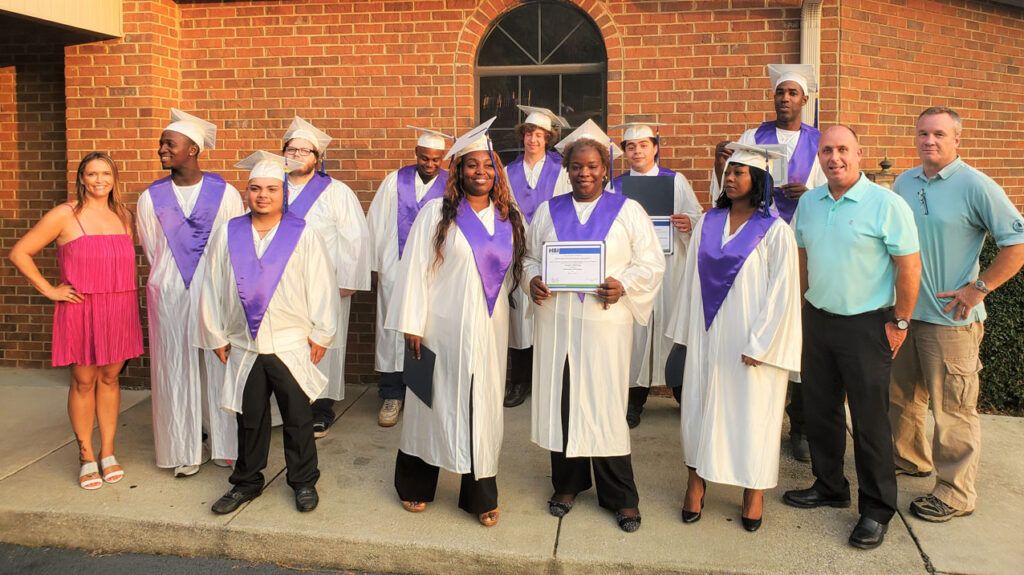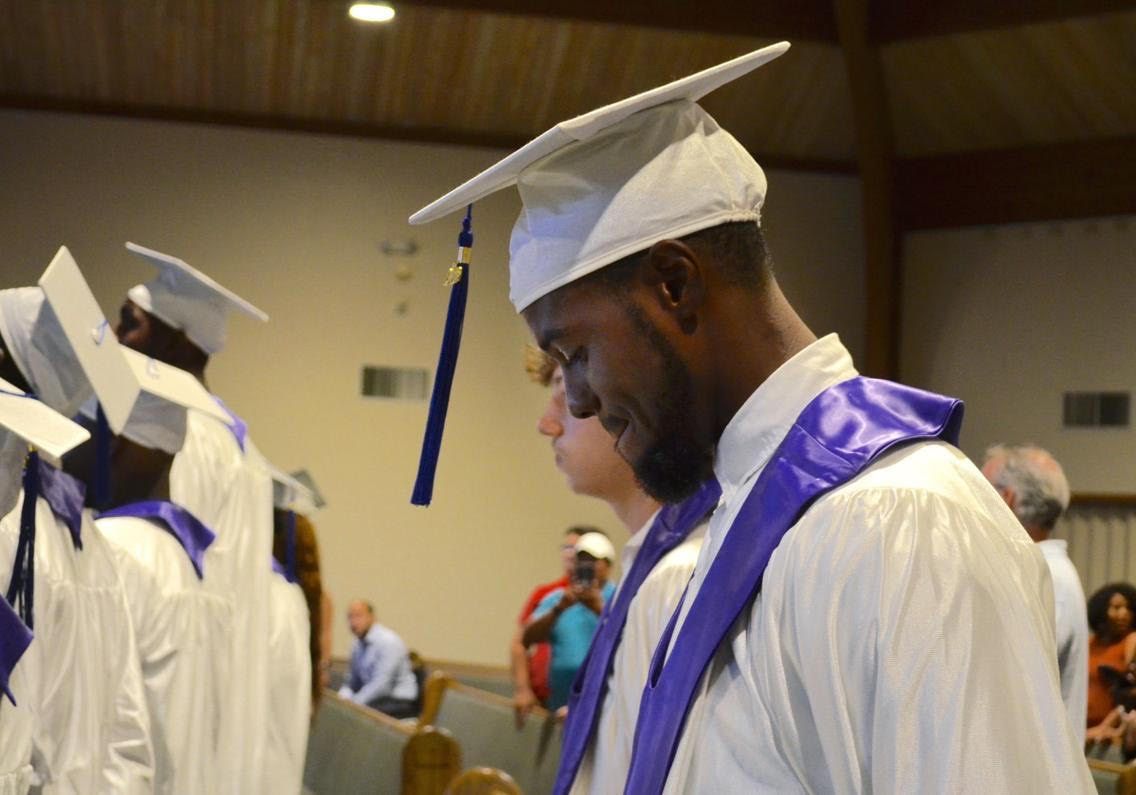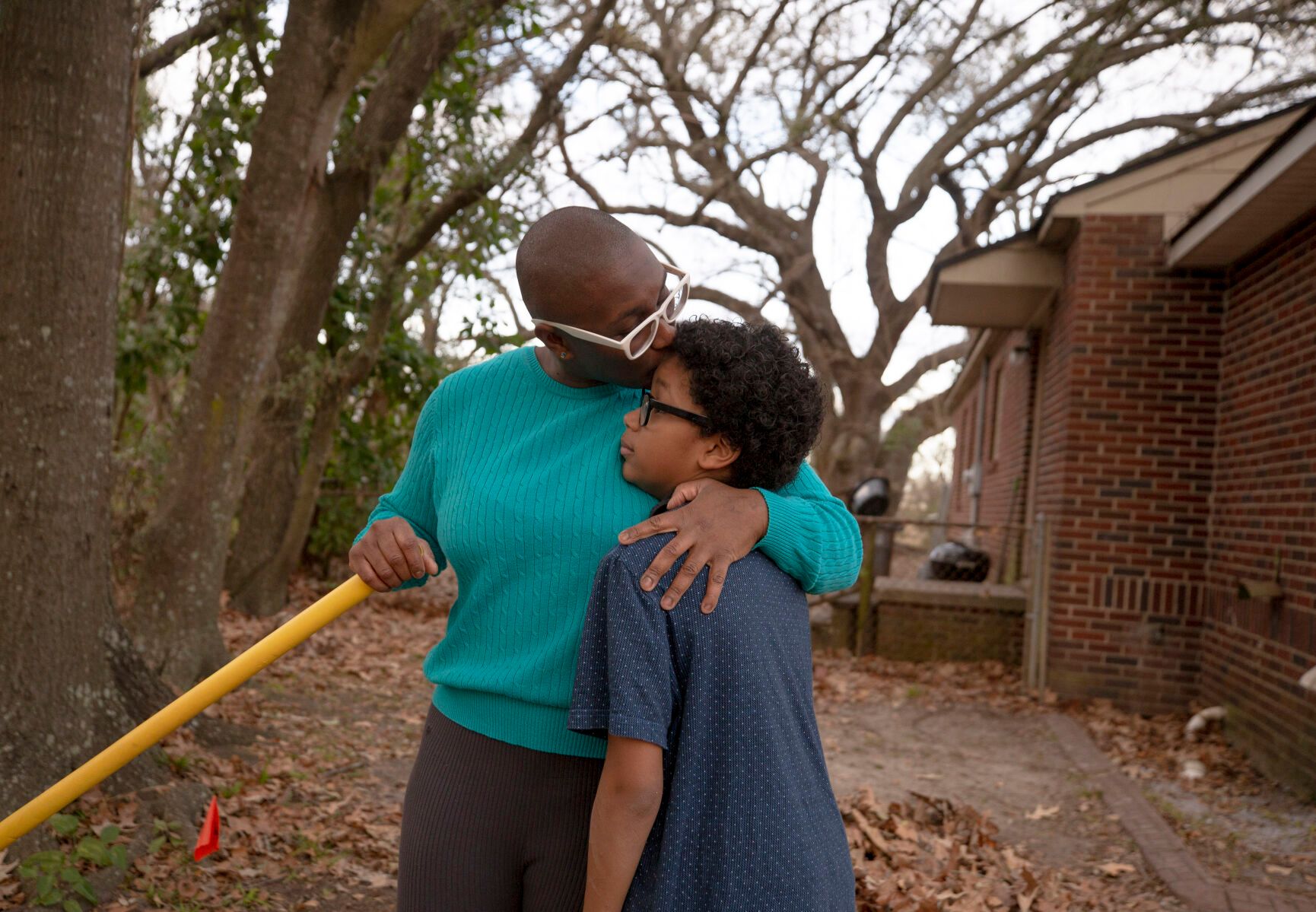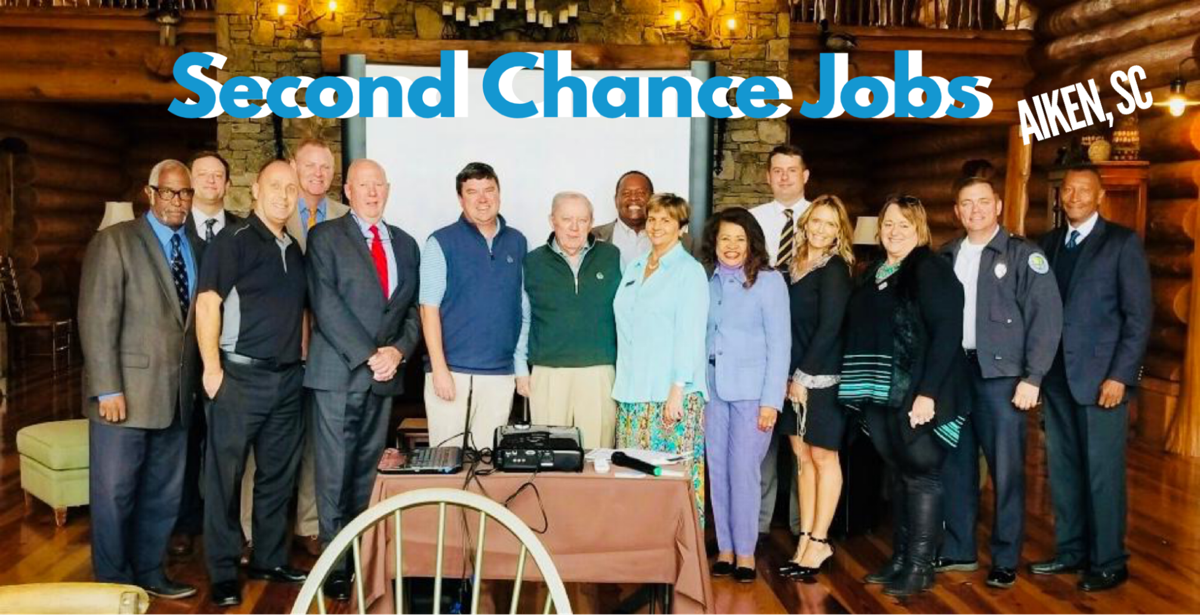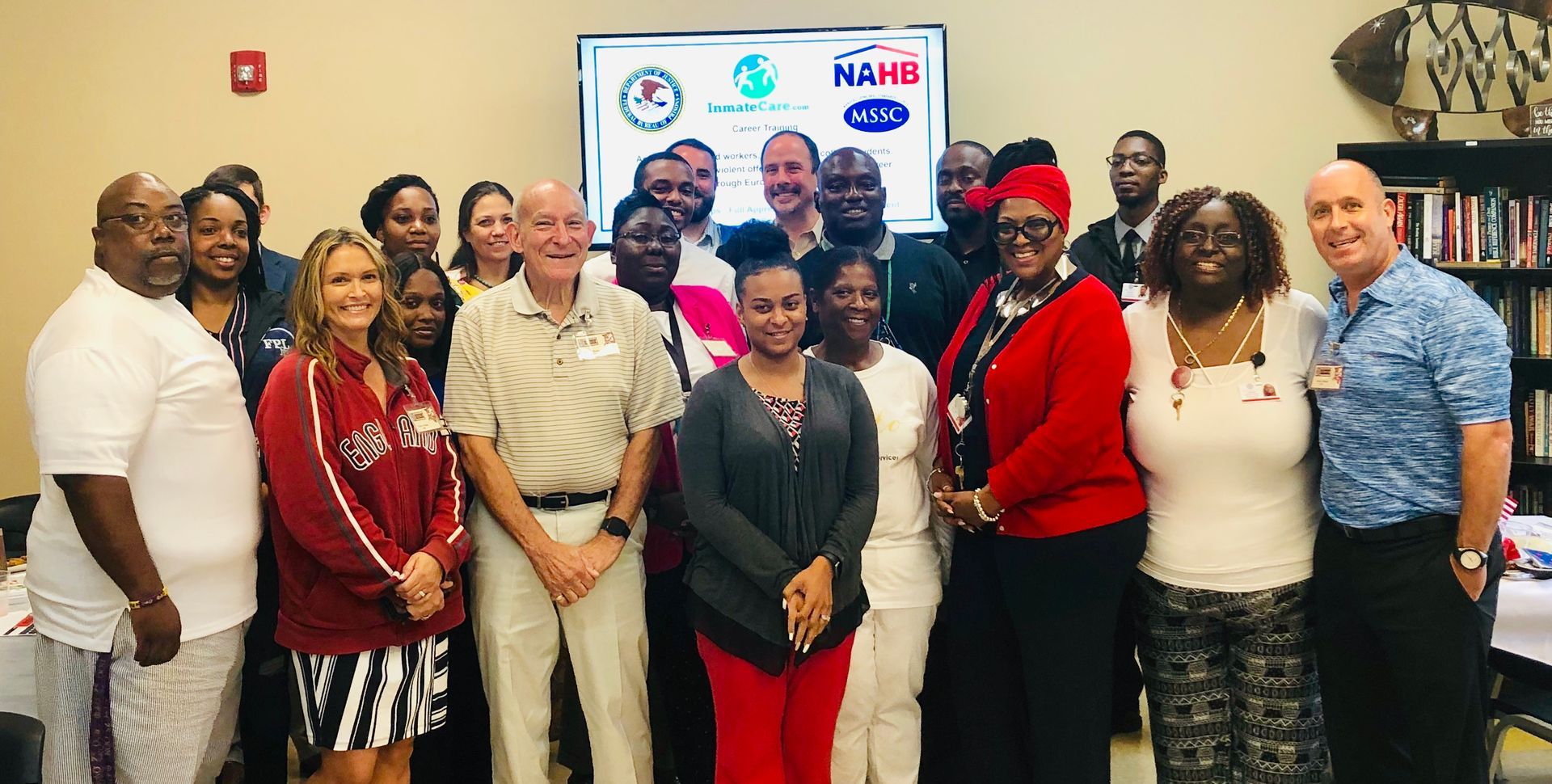How Your Business Can Benefit from a Second Chance Workforce
Almost 70 million Americans have a criminal record— and even after they have served their time, they remain marginalized and not accepted back in society. The temporary mark of incarceration traps these ex-felons in a permanent cycle of poverty and unemployment, which can lead to unfortunate recidivism.
Nonprofit organizations, such as Second Chance Jobs, help the formerly incarcerated with job placement. The employers willing to hire these ready-to-work participants implement a second chance workforce and quickly discover the benefits of hiring them. Successful placement begins with good intentions on both sides, but it grows in a work environment where employees from all sides of life are able to thrive without judgement and with equal opportunities.
If your business is open to equal opportunity projects and is ready to make the leap to hire willing ex-felons, the following lessons may help you avoid common obstacles when building a thriving environment for those with a criminal record.

Fixing Your Bias
Hiring an ex-felon is not something that’s going to look good on paper. Expect their resumes to have a gap in time (some may never have worked at all) and don’t discriminate based on their age. These are citizens who have paid their debts and are willing to become hard workers if they are given a second chance. As employers, we must recalibrate our expectations and biases to create a healthy and fair workplace. These employees are starting from scratch and should be recognized for their potential, not their past mistakes. Some of these workers become the most adaptable and motivated assets to a company when they see how fairly they are treated.
Create a Positive Work Environment
Most employees, whether they are an ex-felon or not, feel excluded and unwelcome when starting a new job. This feeling is only amplified for the formerly incarcerated. If their employer is making them feel unequal or judged, their time at your company and their success rate will fall short. Meet them in their new position with gratitude for positive actions and trust them with gradual responsibilities. When this is in practice, their confidence will build and motivation to work harder increases.
Teach Teamwork
Prison is an environment where selfishness is the same thing as survival. The workplace, on the other hand, requires mutual support and collaboration. Implementing team leaders and actively seeking contributions can resolve any workplace dissonance. Encouraging outcome-focused thinking is another powerful way to showcase every employee who feeds success to the team. This allows all employees to understand individual contribution and how teamwork impacts growth in the company and in themselves.

Get Help for your Employees
Many workplaces have changed for the better after contracting human resources, a counselor, or a psychiatric rehabilitation center. This implements direct contact between a helpful source and the employees, who may not have available help outside of work—especially ex-felons. This process typically involves the HR manager or counselor to come by the workplace once a week and schedule calls or meetings with any employee who feels they are struggling or wants to discuss something with an open ear. If the counselor has experience with the formerly incarcerated, this level of expertise and experience can make a huge difference in the success of your second chance company.
Accept That It Won’t Work Out Every Time
Working with second chance employees can be challenging, given their background and what they were surrounded by for a significant portion of time. It is important, as the employee, to accept that not everyone will be a success story. The first 90 days serve as a test period, as it does with anyone else. It may take a while for the ex-felon to build confidence and trust in their new employer, and even longer to build new habits and avoid falling back into destructive patterns. The focus should not be on the chance of turnover; the chance of watching and working with those who are willing to work hard is extremely rewarding for both them and your company. These equal successes prove that the power of human spirit is built around acceptance and equal opportunities.
